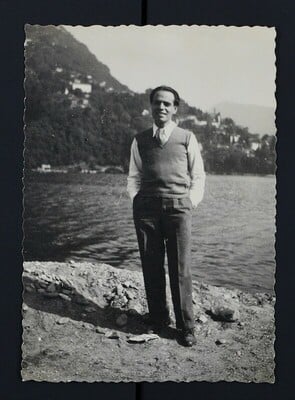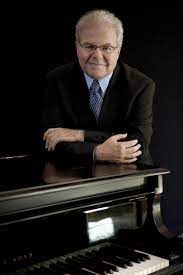Composers interned by Italy finally get a hearing
NewsThree Jewish refugees who were imprisoned in the Ferramonti camp in Calabria from 1940 to 1943 are being supported by a new initiative from the publishers Universal Edition.
Press release:
The Viennese music publisher Universal Edition supports the academic project Musica Internata of the Italian Conservatory in Rovigo and presents works by composers who were caught in Italian camps during the Second World War.
Recent research has revealed that some musicians were able to remain musically active while imprisoned in fascist camps. One of these research projects is now being supported by the Viennese music publisher Universal Edition:
The Musica Internata project at the music conservatory in Rovigo focuses on researching, studying, digitising, editing and performing music by composers who were imprisoned in the “campi del Duce” set up by Mussolini between 1940 and 1943.
As part of international studies involving students and academics from all over the world and various disciplines, works created during the Second World War are to be researched, reconstructed and made playable again through academic editions and accompanied by book projects or museum exhibitions to provide insights into the lives of the prisoners.
A bibliographical department for scores and international musicological studies on persecuted music has been set up at the Rovigo Conservatory. The Conservatory collaborates with the CDEC (Fondazione Centro di Documentazione Ebraica Contemporanea), an important institution for Jewish studies based in Milan.
The project currently focuses on researching the lives and works of three Jewish composers who were imprisoned in the Ferramonti camp in Calabria: Isko Thaler, who was of Polish origin and studied under Franz Schreker, Leon Levitch and Viennese Kurt Sonnenfeld (1921-1997, pictured), whose personal library was handed over to the conservatory by his heirs in 2021.
Universal Edition is supporting the research project by presenting the digitised works on its website and making them accessible to a wider academic community as well as interested amateurs and professional performers.






Comments